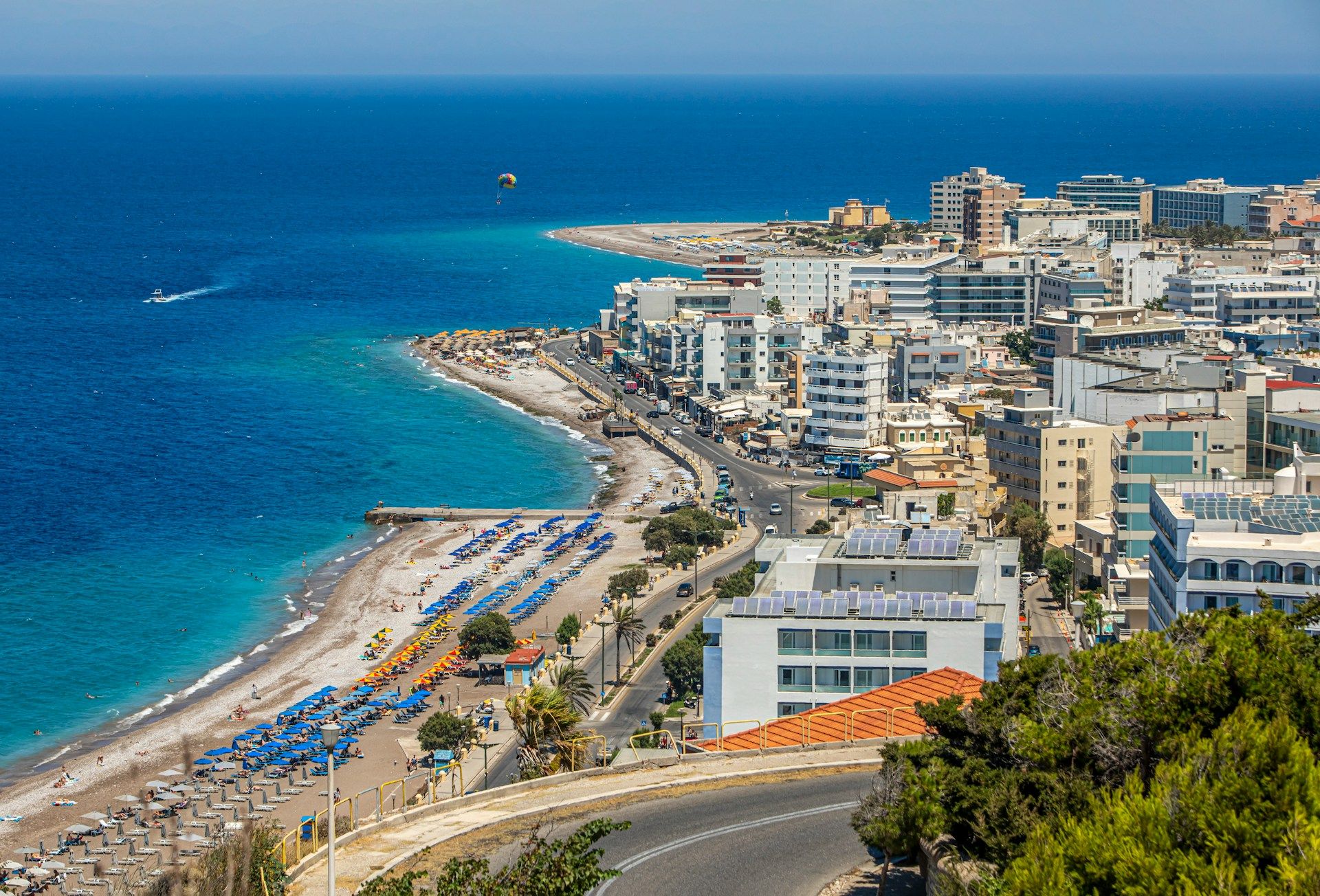For many years, Cyprus has maintained its status as one of the most attractive European jurisdictions for international business, investment, and residency. The main reason for this popularity is its flexible tax policy, which is aimed at attracting capital and qualified specialists from around the world.
The combination of a low corporate tax rate, a wide network of double tax treaties (over 60 countries), and adherence to global standards of financial transparency (CRS, DAC6) makes the island competitive among other European countries. For those planning to open a company or relocate to Cyprus, it is important to understand how the tax system works and the benefits it can provide.

Main Taxes and Their Rates
The fiscal model of Cyprus is built on several key elements.
Personal Income Tax (PIT)
The worldwide income of tax residents is subject to taxation. An individual is recognized as a resident if they spend more than 183 days a year on the island, or meets the domicile criterion.
The rates are progressive:
- Up to €19,500 — 0%;
- From €19,501 to €28,000 — 20%;
- From €28,001 to €36,300 — 25%;
- From €36,301 to €60,000 — 30%;
- Over €60,000 — 35%.
Salaries are usually taxed at source. Preferential regimes apply for certain types of income: dividends and interest may be exempt from tax or taxed under special rules.
Corporate Tax (CIT)
The corporate tax rate in Cyprus is only 12.5% — one of the lowest in the European Union. The tax is levied on the worldwide profit of resident companies, including foreign organizations managed from the territory of the island.
Key benefits for business:
- Dividends under certain conditions are fully exempt from taxation;
- Profit from the sale of shares and securities is not taxed;
- Interest is included in expenses and reduces the taxable base;
- Income of foreign permanent establishments may be exempt or reduced.
Taxes Related to Real Estate
- Annual Immovable Property Tax (IPT) was abolished from 2022;
- Municipal levy averages 0.1–0.2% of the 1980 assessed cadastral value and is usually insignificant;
- A transfer fee (3–8% of the market price) is paid upon transfer of ownership;
- Capital Gains Tax (CGT) is 20% on the difference between the purchase and sale price. Benefits apply for a primary residence.
Value Added Tax (VAT)
- Standard rate — 19%;
- Reduced rates: 9% for restaurants and hotels, 5% for food, medicines, books and passenger transport;
- Zero rate applies to exports and international transport;
- Some transactions are exempt from VAT, for example financial services.
- VAT registration threshold — €15,600 annual turnover.
Non-Dom Program for New Residents
A particular advantage of Cyprus is the "non-domiciled resident" (Non-Dom) regime, which has become the main incentive for wealthy individuals.
- Essence. An individual is recognized as a tax resident of Cyprus but does not have domicile on the island.
- Main benefit. A full exemption from taxes on dividends and interest, regardless of the income source, is granted for 17 years.
- Conditions. Must be a resident by stay (183 days) and not have been considered a resident for 17 out of the last 20 years.
- Features. The Non-Dom status is assigned automatically if the criteria are met.
- Exemption from the Special Defence Contribution (SDC) on dividends and interest.
- A preferential tax of €2,500 per year for employees of Cypriot companies with an income from €55,000 (for a period of 10 years).
Advantages of the Tax Model
- Low corporate tax rate — 12.5%;
- Exemption of dividends and income from the sale of shares from taxation;
- No inheritance or gift taxes;
- Zero WHT (withholding tax) on dividends, interest and royalties under certain conditions;
- Capital gains from financial assets are not taxed;
- Over 60 double tax avoidance agreements;
- Benefits under the Non-Dom program;
- No wealth tax;
- Compliance with global standards, which reduces the risks of being included in "blacklists".
Disadvantages and Limitations
- Special Defence Contribution (SDC) for residents: dividends — 17%, "passive" interest — 30%, royalties — 5%;
- Capital gains tax on the sale of real estate — 20%;
- Strict criteria for applying benefits require proper business structuring;
- Mandatory substance (office, personnel, management) for companies;
- High standard VAT rate (19%);
- Tax upon purchase of real estate can be significant;
- Potential EU legislative changes (ATAD, global minimum CIT);
- Administrative reporting requirements can be resource-intensive.

Who is Cypriot Residency Suitable For
- Investors and wealthy individuals. Thanks to Non-Dom, absence of inheritance taxes, and favorable regime for securities.
- International entrepreneurs. Low CIT, no WHT and double tax treaties make Cyprus attractive for holdings.
- Highly qualified specialists. The possibility to pay a fixed tax with a high income.
- Financial market participants. Absence of taxes on profit from transactions with securities.
- Retirees. The preferential Non-Dom regime and mild climate make Cyprus a convenient place to live on passive income.
- Families. Simple transfer of assets without inheritance tax.
Examples
- A resident (without Non-Dom status) with a salary of €50,000 will pay about €7,885 in income tax plus 17% on dividends received.
- A resident with the same income and Non-Dom status will only pay tax on the salary, while dividends are exempt from tax.
- A Cypriot company with a profit of €1,000,000, where €300,000 are dividends and €100,000 is profit from shares, will pay only €75,000 in CIT, as the other incomes are exempt.
Conclusion
The Cypriot tax system remains one of the most beneficial in Europe. Low corporate tax, exemption of dividends and profit from securities, as well as the unique Non-Dom program create powerful incentives for investors, businessmen, and private individuals.
Of course, there are also disadvantages — from capital gains tax on real estate to substance requirements for business. But with proper structuring and expert consultation, Cyprus offers one of the most balanced and attractive models of tax residency in the EU.





